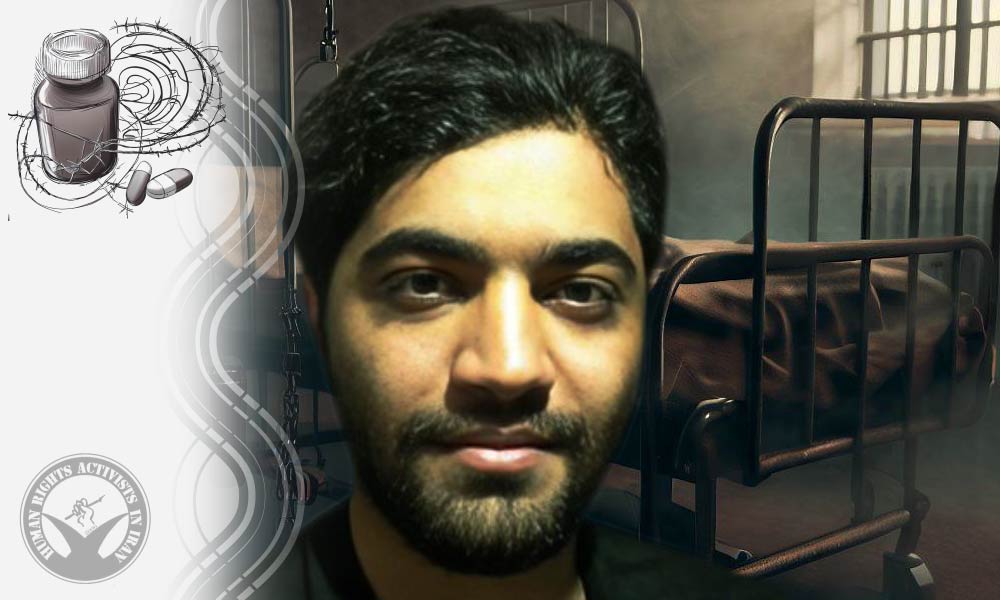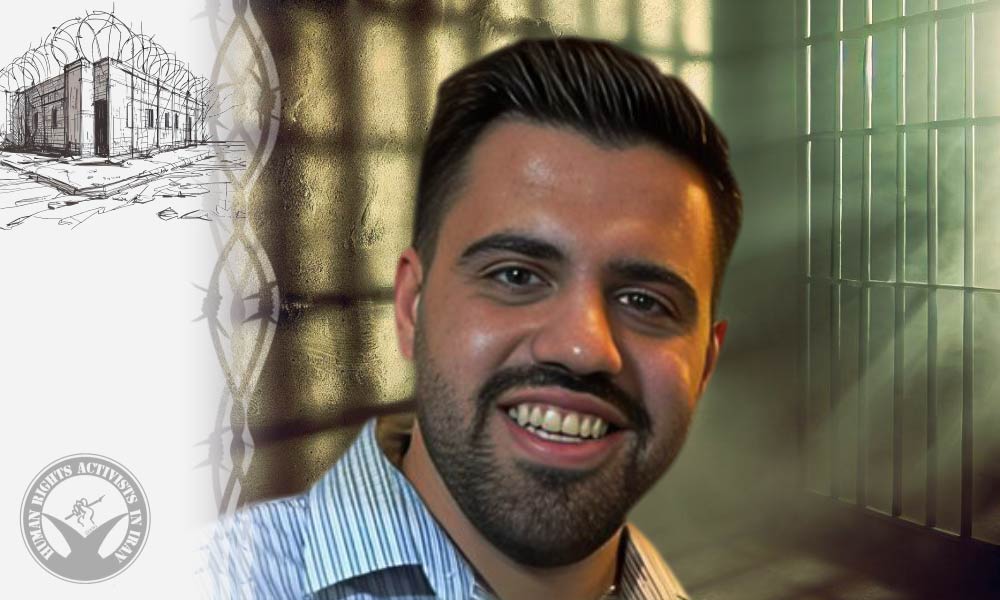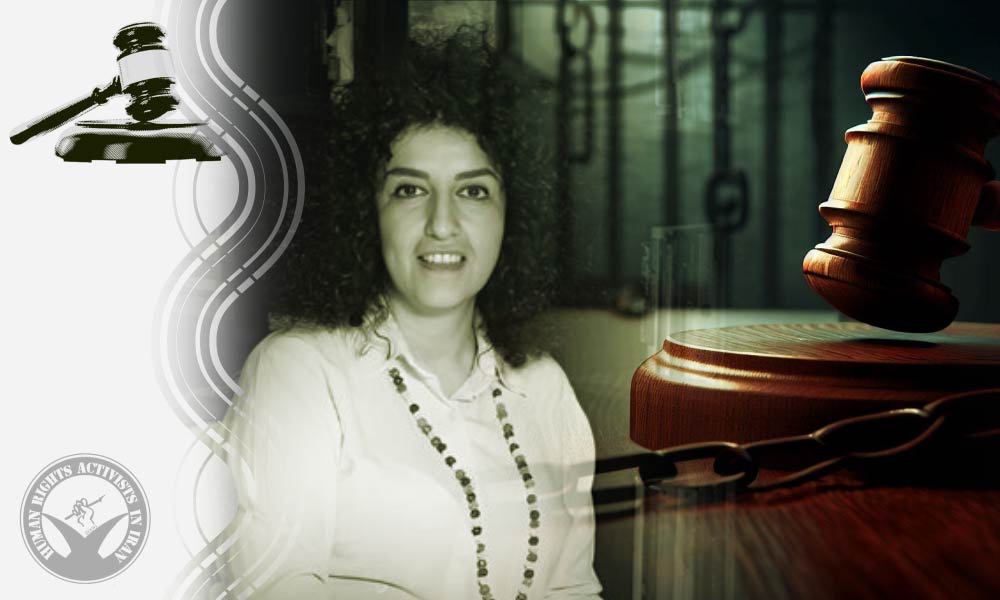Thirteen political prisoners have embarked on a hunger strike to protest their transfer from Evin Prison to Qezel Hesar on September 3, as well as the dire conditions they now endure in their new confinement.
A source familiar with the situation, closely connected to one of these detainees’ families, informed HRANA, “This group of prisoners initiated their hunger strike on Monday, September 4, in protest of their relocation to a heavily secured and inadequately equipped Unit 3.”
Another relative of these detainees added, “They are confined to a cramped 12-square-meter cell within the Quarantine Ward, typically reserved for inmates on death row prior to execution. They lack basic necessities such as blankets, access to hot water, and the ability to make phone calls.”
As per this source, Unit 3 is currently overcrowded, housing around 1700 inmates, far exceeding its maximum capacity of 1000 inmates. The inmates’ access to fresh air is constrained by a small prison yard covered by a roof with fencing. During their transfer, some of these prisoners were forced to leave behind essential belongings, including their medications.
Some of these prisoners forcibly leave behind some of their belongings during the transfer including medicines.
The prisoners include:
- Saeed Masouri: Arrested on January 8, 2001, on charges related to alleged membership in The People’s Mujahedin Organization of Iran (MEK) in Dezful County. Initially sentenced to death, his punishment was later commuted to life imprisonment in 2002.
- Afshin Baymani: Arrested on September 5, 2000. He was sentenced to death by the Tehran Revolutionary Court for “enmity against God through collaboration with the MEK.” Later, his sentence was commuted to life imprisonment.
- Hamza Savari Laftah: Arrested on September 2, 2005, at the age of 16. The Revolutionary Court in Ahvaz sentenced him to death on charges of “spreading corruption on Earth, enmity against God, and acting against national security.” Ultimately, his sentence was commuted to life imprisonment.
- Motaleb Ahmadian: Arrested on October 5, 2010, and subsequently sentenced to 30 years in prison by the Tehran Revolutionary Court for “enmity against God through membership in a political opposition party.”
- Saman Seydi (Yasin): Arrested on October 2, 2022, during nationwide protests in Tehran. Initially sentenced to death for “enmity against God, and assembly and collusion against national security” by the Public and Revolutionary Court in Tehran. However, his sentence was later overturned by the Supreme Court, and his case was referred back to the lower court for further review.
- Zartosht Ahmadi Ragheb: Arrested in March 2023 and incarcerated in Evin Prison. The Tehran Revolutionary Court sentenced him to five years and eight months in prison, with five years enforceable, along with additional penalties.
- Ahmadreza Haeri: Arrested by security forces on June 27, 2022, and subsequently released. He was later sentenced to three years and eight months in prison by the Revolutionary Court in Tehran. Recently, due to a new case filed against him during his imprisonment, he received an additional three months and one day in prison by the Criminal Court in Tehran.
- Kamyar Fakour: Arrested on November 6, 2022, during nationwide protests. Subsequently, the Tehran Revolutionary Court sentenced him to eight months in prison, in addition to reactivating his prior eight-month suspended jail term.
- Reza Salmanzadeh: Arrested by security forces at his residence on May 12, 2022. He was sentenced to three years and eight months in prison by the Tehran Revolutionary Court.
- Jafar Ebrahimi: A dedicated teacher union activist, arrested on April 30, 2022, and incarcerated in Ward 209 of Evin Prison. In late October 2022, the Tehran Revolutionary Court issued a four-year sentence on charges of “assembly and collusion against national security” and an additional one-year term for “propaganda against the regime.” Moreover, Ebrahimi received a two-year ban on leaving the country and from participating in political and civil organizations. His sentence, which included four years of enforceable imprisonment, was upheld upon appeal.
- Lughman Aminpour, Sepehr Imam Jomeh, and Masoud-Reza Ebrahimi Nejad were previously sentenced to imprisonment for political charges.













